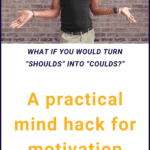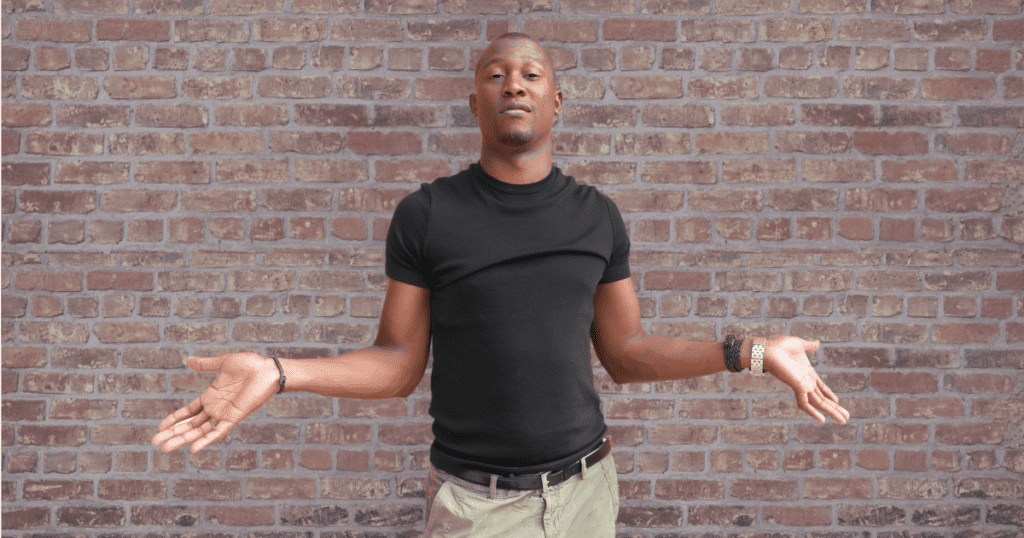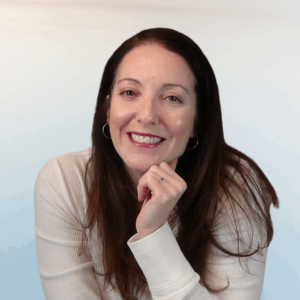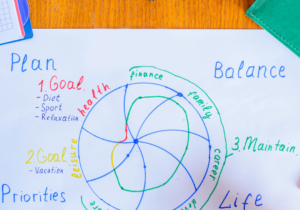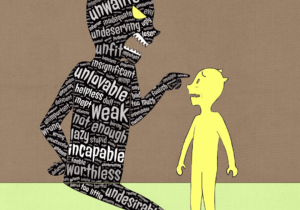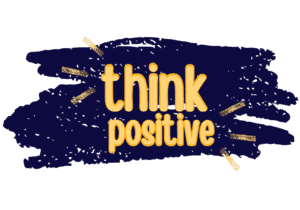Could vs Should: A practical mind hack for motivation
Why “Should” When We “Could?”
I saw the plaque at a local shop and knew it needed to come home with me. It only took a second to figure out what it meant to me – could vs should – and it definitely resonated.
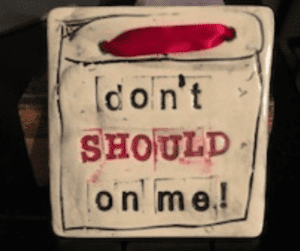
Most of us are “shoulding” on ourselves all the time, and we don’t even recognize it. But what if we could turn those “shoulds” into “coulds?”
The Difference Between “Should” and “Could”
Should is something we say to ourselves (or to others) when we think there’s something we need to change about our lives, our bodies, our minds, etc. For example, “I should eat better.” It’s usually putting an expectation on ourselves to make a big change and can feel so overwhelming that we either let the thought go because it’s too much, or we just feel bad that we don’t do more to make that major change.
Shoulds often leave us feeling defeated because there’s nothing concrete to do about them. Think about this – how do you feel when someone says, “you should just cut out sugar,” or “you should just get a new job?” Don’t you think you would have done it already if it were that easy? Worse, do you feel ashamed because someone is making you think it should be that easy? Even if that someone is you?
Usually, when we “should” ourselves it’s because we’re feeling guilty or embarrassed about a behavior we think is “bad” (such as gaining weight or not calling a friend we said we’d call).
Shoulds are sometimes shaped by external factors, such as how we think others see us and where we need to change to please them, but they usually come from thinking we’re not enough.
What Does “Could” Look Like?
Coulds are simply facts. “I could choose to eat a piece of fruit instead of a cookie.” They take the overwhelm (and judgment) out of the situation because they give you something concrete you can do.
Look at the difference between a “should” and a “could” in action:
“I should have stopped myself from eating the cookie, but I didn't, so now I feel ashamed and like I have no willpower.”
Versus…
“I could eat the fruit first and then eat the cookie if I’m still hungry.”
Does one make you feel worse about yourself than the other?
Coulds make us feel empowered if we accomplish the small thing we set out to do, and possibly inspired and motivated to be open to trying more things.
They also allow for flexibility when taking into consideration what fits your lifestyle and what you’re ready, willing, and able to do.
Stop “Shoulding” on Others
While we’re not “shoulding” on ourselves, let’s also not “should” on others.
Instead of telling them they should try the diet you’re on or the workout you’re doing, try listening to them with an open mind to let them tell you what they might be interested in. And if that happens to be the diet you’re on or the workout you’re doing, feel free to let them know what you love so much about it. But don’t make them feel like there’s something wrong with them if they don’t want to do it.
Shoulding on other people can make them feel belittled because it may look like you’re picking on a behavior of theirs or something you think they should change, as if they’re not good enough as they are.
15 Suggestions for Choosing Could Over Should
Now that you’re aware you may be shoulding all over yourself, here are 15 ways you could try swapping “could” vs “should.”
1. I should start exercising because I know it’s good for me.
- I could try a dance cardio class to see if I like it.
- I could rent a bike because I always loved riding when I was younger.
2. I should get more sleep because I wake up so tired in the morning.
- I could get in bed an hour earlier every night this week.
3. I should lose 20 pounds.
- I could try meal planning this week and cook at home with more whole foods.
- I could eat two balanced meals today.
- I could be thankful for the body I have as it is at this very moment!
4. I should cook at home more often.
- I could search for two new recipes to try this week.
- I could plan three meals to cook at home for the week.
5. I should be furthering my career.
- I could take a class to learn a new skill.
6. I should find a new job.
- I could work on getting my resume in order and start sending it out.
7. I should stop drinking Coke.
(pop/soda/soft drinks, depending on what part of the world you live in – I live in Atlanta, where we’re known for calling everything Coke)
- I could try limiting my Coke intake to once a week, or save them for after a long bike ride and need to replenish my carbs.
8. I should stop drinking so much caffeine.
- I could swap out decaf for regular coffee or tea now and then, or start with half-caffeine alternatives.
9. I should train for a triathlon.
- I could go for a mile run and see how it feels.
10. I should eat more vegetables.
- I could search for a few vegetable recipes that look like they might be fun to try.
I could go to my local farmers market this week and see if anything looks good.
11. I should eat less.
- I could try practicing mindful eating techniques.
12. I should drink more water.
- I could get a fun water bottle and take it with me wherever I go.
13. I should spend more time with… my significant other, kids, parents, friends, etc.
- I could schedule a date and time on the calendar to focus only on being with said person/people.
14. I should focus on my mental health.
- I could ask someone for the recommendation of a therapist to work out some of the issues I’m dealing with.
- I could research and buy a good self-help book.
- I could have an intimate chat with my best friend.
15. I should go back to school.
- I could take one class to see if I like it.
How could vs should FEELS

You might notice that the “shoulds” feel more daunting (and stressful), whereas the “coulds” feel much more like manageable action steps. And if you make them small enough and easy to accomplish, all the better.
Where are you shoulding all over yourself, and what “could” could you use right now instead to take a simple action step?
Live in the Now
Learning to live in the now can be hugely helpful in curbing the shoulds, because shoulds generally imply future events which can be anxiety-provoking.
As soon as you hear yourself saying something like, “I should eat healthier,” which is something that would take place in the future, bring yourself back to the present and focus on what you are doing right now.
For example, if you’re deciding on what to eat, see if you can focus on the food you’re choosing right now and make it a little more nutritious. By living in the present, you can become aware enough to make a healthier choice in the moment.
Now that you’ve got your “could” juices flowing, I think you “should” stop “shoulding” all over yourself. And that’s a “should” I think we can all get behind.
Perfection rejectionist Lisa Kiersky Schreiber is a nutrition and lifestyle coach who helps clients take a holistic and realistic approach to wellness. Lisa got off the diet carousel and can help you do the same.
Find other articles written by Lisa on her coach profile. Her philosophy will help you simplify your nutrition lifestyle so you can learn to trust yourself implicitly around food.

